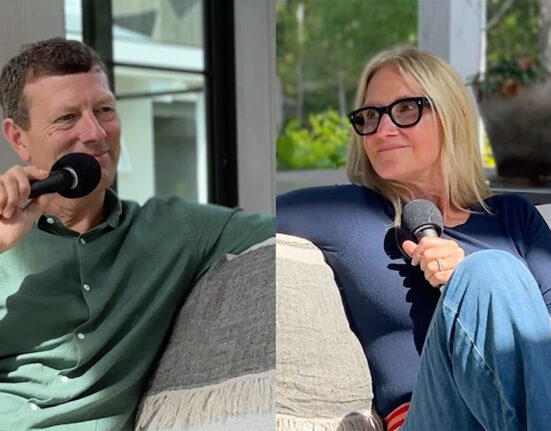Last Updated on February 13, 2024 by Rachel Hall
Couples are Going to Disagree – You Can Either Ignore the Issues, Fight it Out or Sit Down and Act Like Adults.
We’ve all seen arguments in relationships. Whether it’s our parents fighting, a couple having a messy breakup on the train, or our friends coming to us in tears, we’re aware that disagreements happen. It makes sense! To me, there are few things more suspicious than two people who always get on. Perhaps that’s because my parents separated a few times. Nonetheless, we expect people in love to spend a lot of time together, and know that inevitably, there will be points of contention. Everyone has different life experiences, which inform how they think.
Why people avoid conflict
Some people believe that it’s best to stay quiet and avoid arguments. I can see why: they’re not fun, and you don’t want to upset things or your partner. You might think that your whole relationship might fall apart. Perhaps it will. I would say, though, that it’s better to discuss things, with honesty and compassion, and if there’s a fundamental incompatibility and you break up, that’s okay. We all have to kiss some frogs before we find our Prince Charming. It’s also understandable (and good) to not want to hurt your partner’s feelings. It’s easier to have a conversation about things which annoy you and sort out those issues calmly, instead of bottling things up and then exploding in messy, confused rage. This is how avoiding arguments doesn’t prevent issues, and can backfire.

Bottling things up
That’s the thing about avoiding arguments. The underlying causes will be there, but instead of airing things out, some people swallow their feelings and refuse to admit that they are upset. Over time, this will build resentment and negative feelings, making people feel lonely and isolated from their partner. At some point, it’s all going to become too much – and you don’t know when this will happen.
Why do couples disagree?
There are a few different reasons couples might fight. The first is over things within the relationship, big or small. Perhaps someone cheated, or maybe you’re sick of your partner never putting their socks in the laundry basket. The second is over things outside of the relationship, but still close to home. You might not want to spend your holidays with your in-laws, or you disagree on matters surrounding your children/friends. Finally, there are things which have nothing to do with your relationship – religion, politics, who is the best Spiderman, etc. Some of these problems are more touchy than others, obviously, but do try to stay calm, express yourself clearly, and react appropriately.
What about the couples who fight all the time?
Some couples fight all the time. They lack emotional maturity, they blame each other for everything, and they’re clearly unhappy and feeling angry. Perhaps they like the conflict because it’s consistent, and they don’t know what their relationship would be without it. They’re certainly not bottling everything up, but they also won’t ever let the little things slide, forgive each other or move on. They aren’t disagreeing and finding a way to solve problems, they’re just going around and around. Obviously, this isn’t any healthier than refusing to ever argue.

Solving your problems maturely
There’s a middle ground, and that’s where healthy relationships are found. You and your partner should be able to discuss things, and not necessarily agree, and still treat each other with respect. Sometimes you’ll be able to find solutions, on other occasions, you’ll have to return to the issue and evaluate as things go on. It’s certainly not easy, and sometimes you might go too far either way. In this case, relationship counselling and therapy might be helpful. As always, I recommend treating things as a team: it’s you and your partner vs. the issue, not you vs. your partner.
Conclusion
Passive aggressive behaviour is infuriating. It makes everyone unhappy and doesn’t solve any issues. You and your partner need to find a way to understand that you won’t always agree, and figure out how to solve problems without ignoring them or allowing things to build up and make you both angry and frustrated. It takes time, practice and good communication to find a way through, but it can be done.

Rachel Hall, M.A., completed her education in English at the University of Pennsylvania and received her master’s degree in family therapy from Northern Washington University. She has been actively involved in the treatment of anxiety disorders, depression, OCD, and coping with life changes and traumatic events for both families and individual clients for over a decade. Her areas of expertise include narrative therapy, cognitive behavioral therapy, and therapy for traumatic cases. In addition, Rachel conducts workshops focusing on the psychology of positive thinking and coping skills for both parents and teens. She has also authored numerous articles on the topics of mental health, stress, family dynamics and parenting.








Leave feedback about this